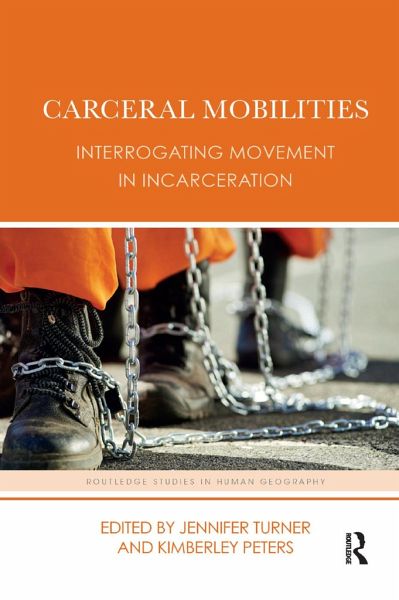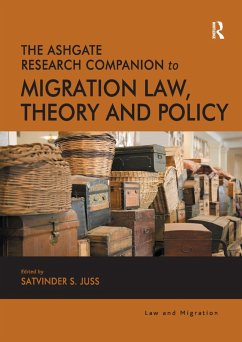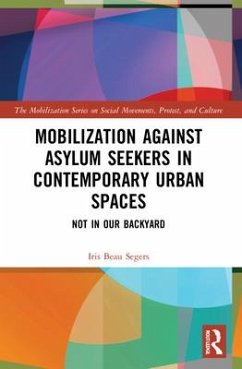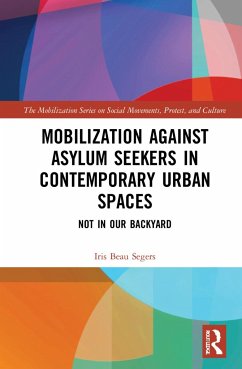
Carceral Mobilities
Interrogating Movement in Incarceration
Herausgeber: Turner, Jennifer; Peters, Kimberley

PAYBACK Punkte
31 °P sammeln!
This book challenges the assumption that carceral life is characterised by a lack of movement. This book brings together contributions that speak to contemporary debates across carceral studies and mobilities research, offering fresh insights to both areas by identifying and unpicking the manifold mobilities that shape, and are shaped by, carceral regimes. It features five sections that move the reader through the varying typologies of motion underscoring carceral life: tension; transition; circulation; distribution; transposition. Each mobilities-led section seeks to explore the politics enca...
This book challenges the assumption that carceral life is characterised by a lack of movement. This book brings together contributions that speak to contemporary debates across carceral studies and mobilities research, offering fresh insights to both areas by identifying and unpicking the manifold mobilities that shape, and are shaped by, carceral regimes. It features five sections that move the reader through the varying typologies of motion underscoring carceral life: tension; transition; circulation; distribution; transposition. Each mobilities-led section seeks to explore the politics encapsulated in specific regimes of carceral movement.














